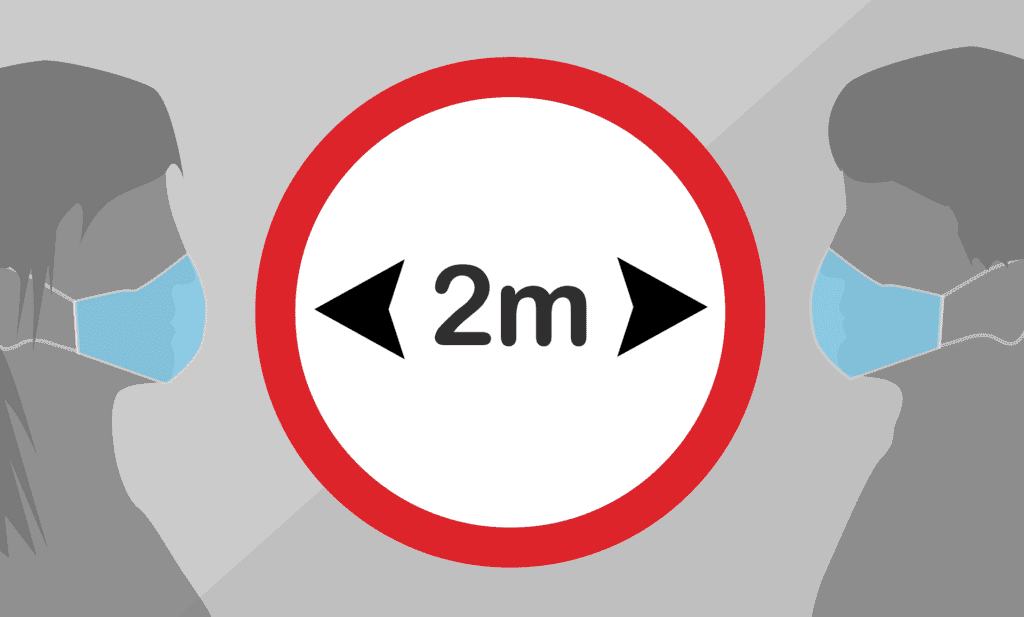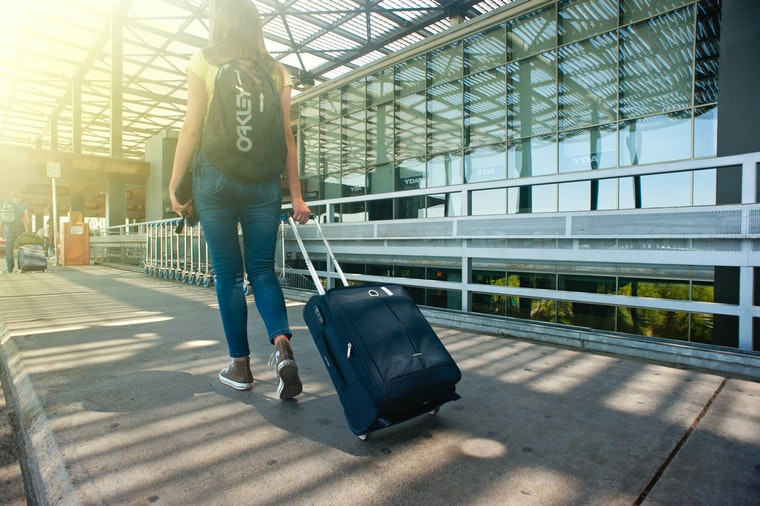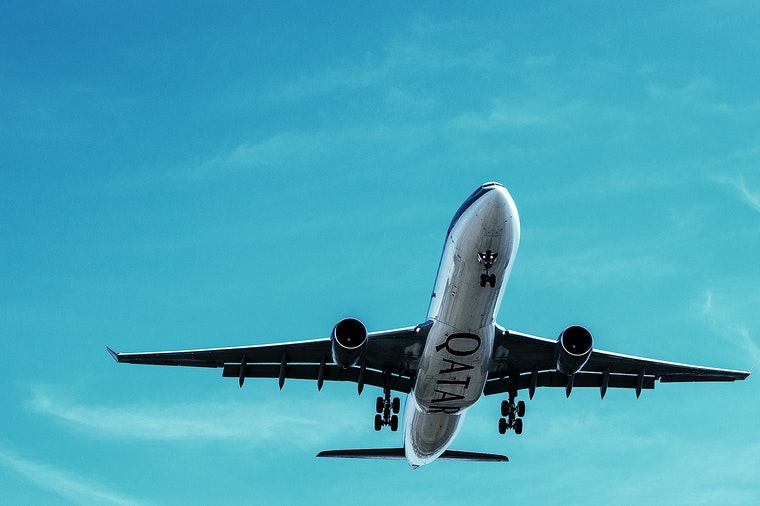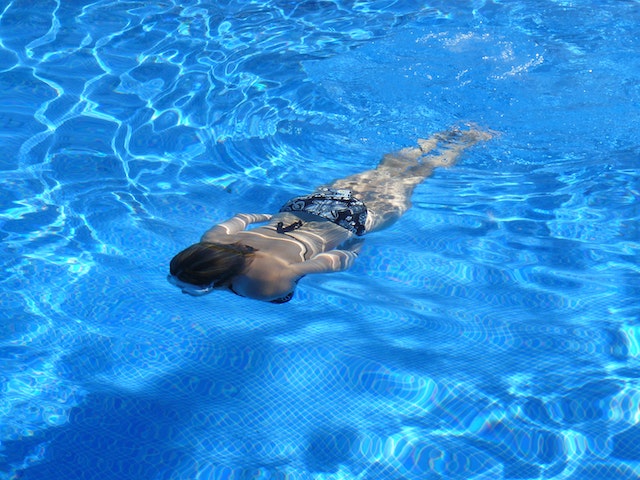If you had your way, you’d stay home and self-quarantine. But circumstances demand you travel, and you need to board a plane, COVID-19 or no COVID-19.
So how can you protect yourself and your family if they plan to accompany you?
While traveling is a high-risk activity, there are steps you can take to minimize the danger. Take the following eight measures.
1. Improve Your Diet
At least a week or so before departure — preferably earlier — start priming your immune system with nutrient-dense, plant-based foods. Try to eat things as close to their natural form as possible, as processing strips many foods of vital minerals and vitamins.
What should you avoid? In general, you want to avoid excess sugar, white flour and alcohol, which increase inflammation and tax your immune system. According to the World Health Organization (WHO), you should also give processed meats a pass, as they are a class 1 carcinogen. These substances also use considerable energy to digest, which is less for your body to spend fighting germs.
2. Or Try Supplemental Nutrition
Maybe you can’t get into the meal-prep game no matter how hard you try. Have no fear. You can find a ton of supplements on the market to increase your consumption of vitamin C and zinc, two nutrients reputed to boost immunity.
However, if you have inflammatory bowel problems, your body might not absorb nutrients from pills or liquids. Why not investigate intravenous supplementation?
One treatment floods your body with B-vitamins and other nutrients to keep your energy levels and immune function high. It’s not a vaccine for COVID-19, but it will help you stay healthy and alert as you take the relevant precautions.
View this post on Instagram
3. Wear Your Mask
One of the issues with the pandemic response in the U.S. involves the face-mask controversy since there was little uniform guidance. As a result, individual jurisdictions needed to impose ordinances independently. Some did, while others did not. However, many airlines now require passengers to cover their noses and mouths. Even if yours doesn’t, you should protect yourself and your family.
It’s a numbers game. Think of it this way: It’s like opening an umbrella in a storm. Parts of you might still get wet, but you’ll stay far drier than if you ventured out with zero protection.
4. And Your Glasses
Recently a virologist claimed he contracted the SARS-CoV-2 virus through his eyes while traveling. While he wore a mask and disinfected his armrests and tray table, a wayward finger made its way to that mucus membrane.
If you wear contacts, you know how dry they can get on an aircraft. The urge to touch them might grow overwhelming, and if you get a lash caught, you have to remove it. Instead, wear your glasses — it will help you keep your hands away from your peepers.
5. Carry Disinfectant Wipes
While airlines have improved hygiene measures during COVID-19, you still touch surfaces countless others have handled. Please don’t rely on the crew to keep everything spic-and-span.
Instead, carry disinfectant wipes with you. Give your armrests and tray table a thorough cleaning before opening any snacks.

6. Keep a Safe Distance
It’s impossible to social distance when airline seats cram you in like sardines. However, as much as possible, put space between you and your fellow travelers.
It’s time to get a bit assertive. It’s okay to say, “Excuse me, would you mind giving me some more space, please?” If you are shy, consider the lesson you teach your children. They’ll only stand up for themselves if they see you engage in similar behavior.

7. Check Your Hotel’s Safety Measures
Many hotels implemented hygiene measures such as “air out” days during the COVID-19 pandemic. You can call ahead to request that your venue leave your room vacant for 24 hours before your arrival. Some may charge for the privilege, but many now do this as a matter of course.
Another question to ask involves when housekeeping knocks. If you prefer to keep strangers out of your room until you leave, hang your do not disturb sign when you arrive and leave it there. Some hotels have done away with these, and now require you to request service if you want it.
8. Stay Home If You Have Symptoms
Finally, if you experience symptoms like a fever or cough before departure, please postpone or cancel your trip. Many facilities and airlines now have more flexible rescheduling processes that refund your money or let you travel on an alternate date. You don’t want to become “COVID Mary.”
While you may feel tempted if you have a lot on the line, please remember that you can’t tell who might suffer severe complications. You can’t see someone’s heart condition when they stroll through the airport, but catching the novel coronavirus could kill them.
Travel Safely During the COVID-19 Crisis With These Tips
Traveling always entails some risk, and the COVID-19 pandemic has increased them. Please follow the eight tips above to keep you and your family safe on your journey.
Article written by Dylan Bartlett
Dylan is part of Alejandra’s Life Team Family




 Em Português
Em Português En Español
En Español